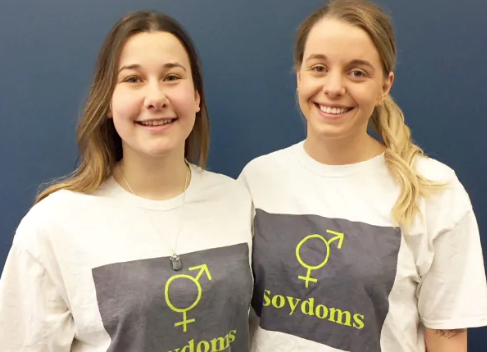Reflection Framework
Share this page
Framework for Reflections in Experiential Learning
Finding a way to integrate reflection into experiential learning can be challenging, especially if you don't know where to start. For this reason, we have developed a Framework for Reflections in Experiential Learning to help with evaluating existing reflective practices and providing inspiration for designing new ones!
The framework contains criteria for enhancing reflection content and method, as well as several universal considerations for reflection. The criteria for reflection content and method have also been divided based on different levels of experience with reflection or the desired level of reflection depth. The base level requirements are the suggested minimum criteria for strong reflective practice, so learners can experience some of the benefits of reflection.
Within the Content section, criteria are divided into the following levels of reflection:
- Basic — appropriate for those new to reflection and 1000-level courses
- Intermediate — represents increasing depth of reflection or 2000/3000-level courses
- Capstone — represents increasing depth of reflection or 4000-level courses
The Method section criteria are divided into:
- Base requirements
- Additional considerations for enhancing reflective practice.
The third and final section contains Universal Considerations for reflective practice, including inclusivity and evaluation

This framework is the product of a detailed literature research into reflections in experiential learning, which also forms the basis of the information provided by the Reflection Centre of Excellence. An interactive survey tool, for evaluating your reflective practice, will also be available soon.
Happy reflecting!
